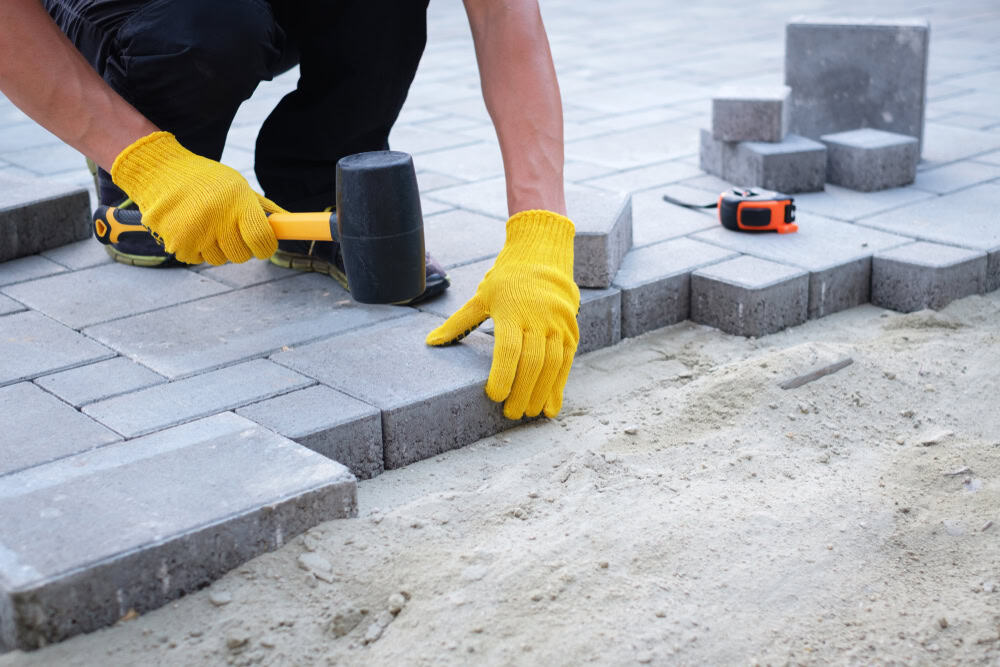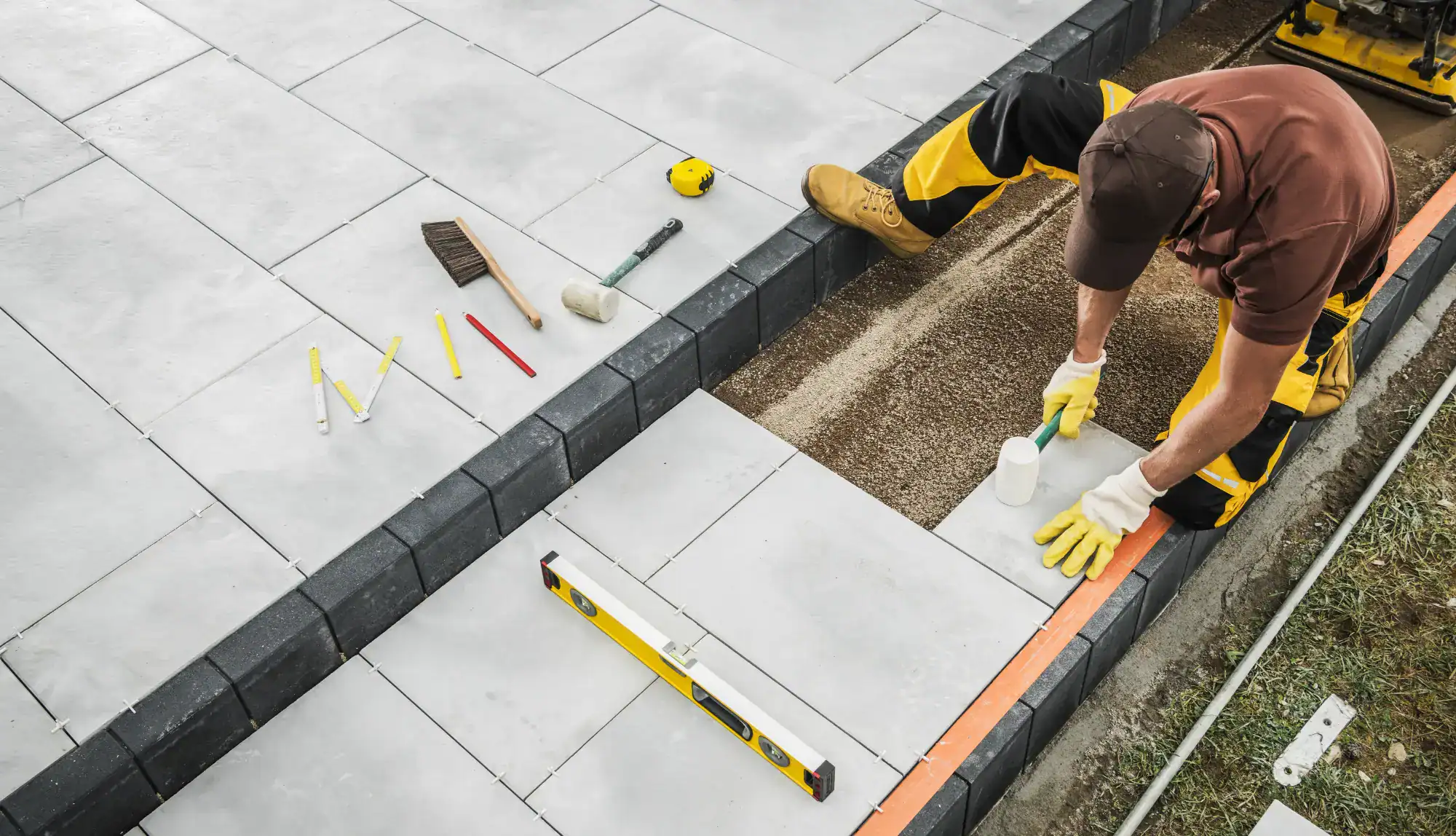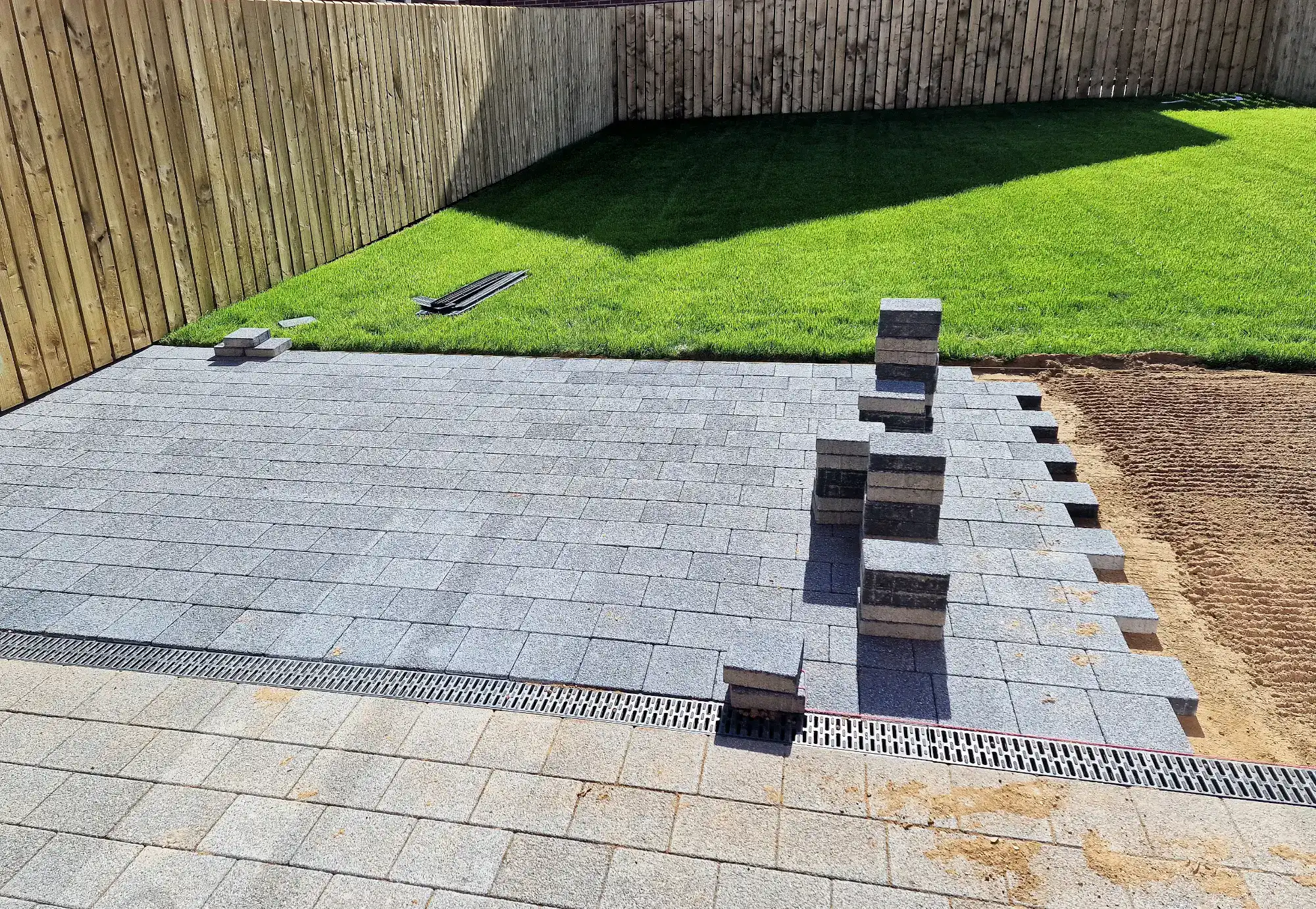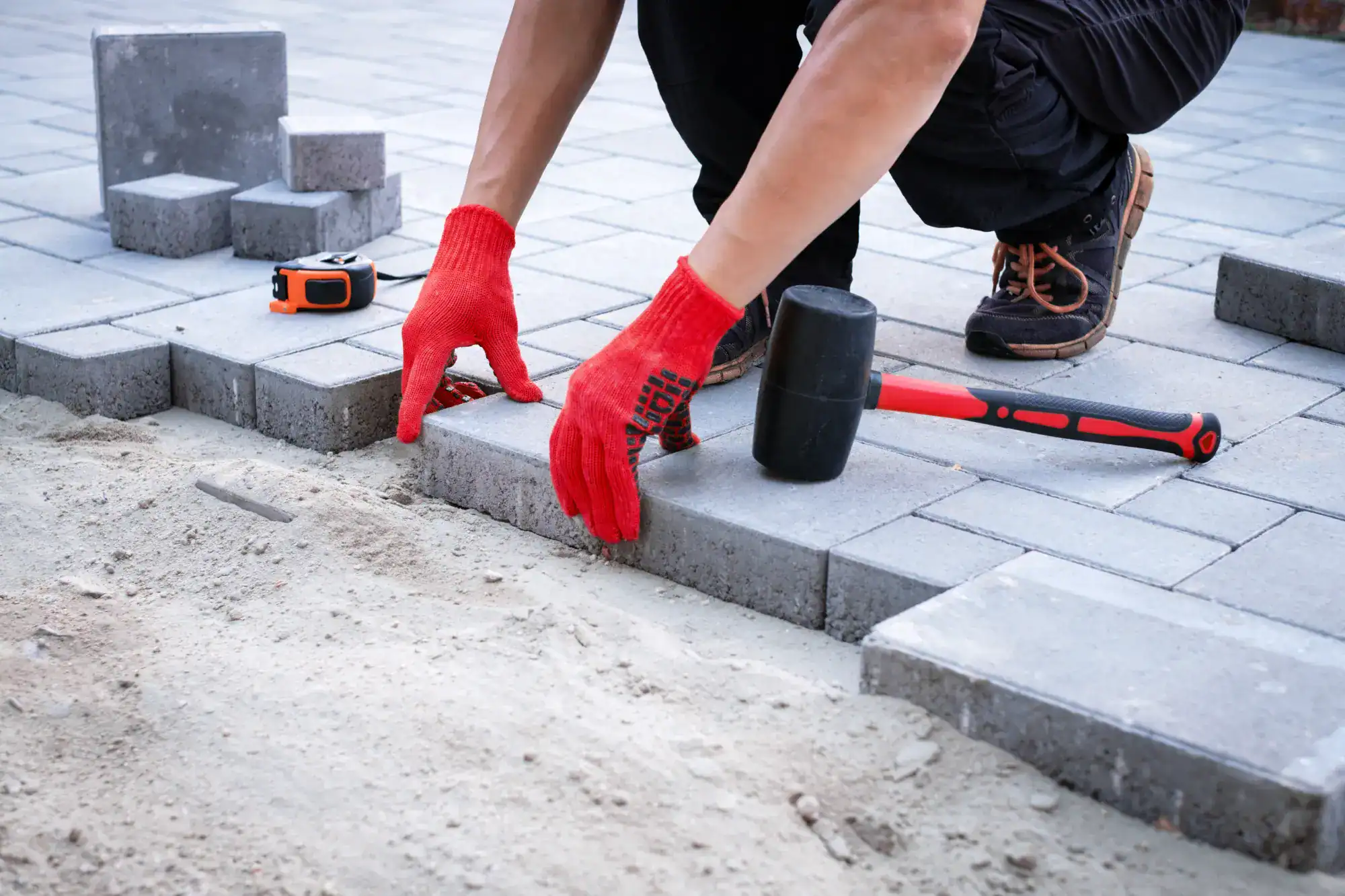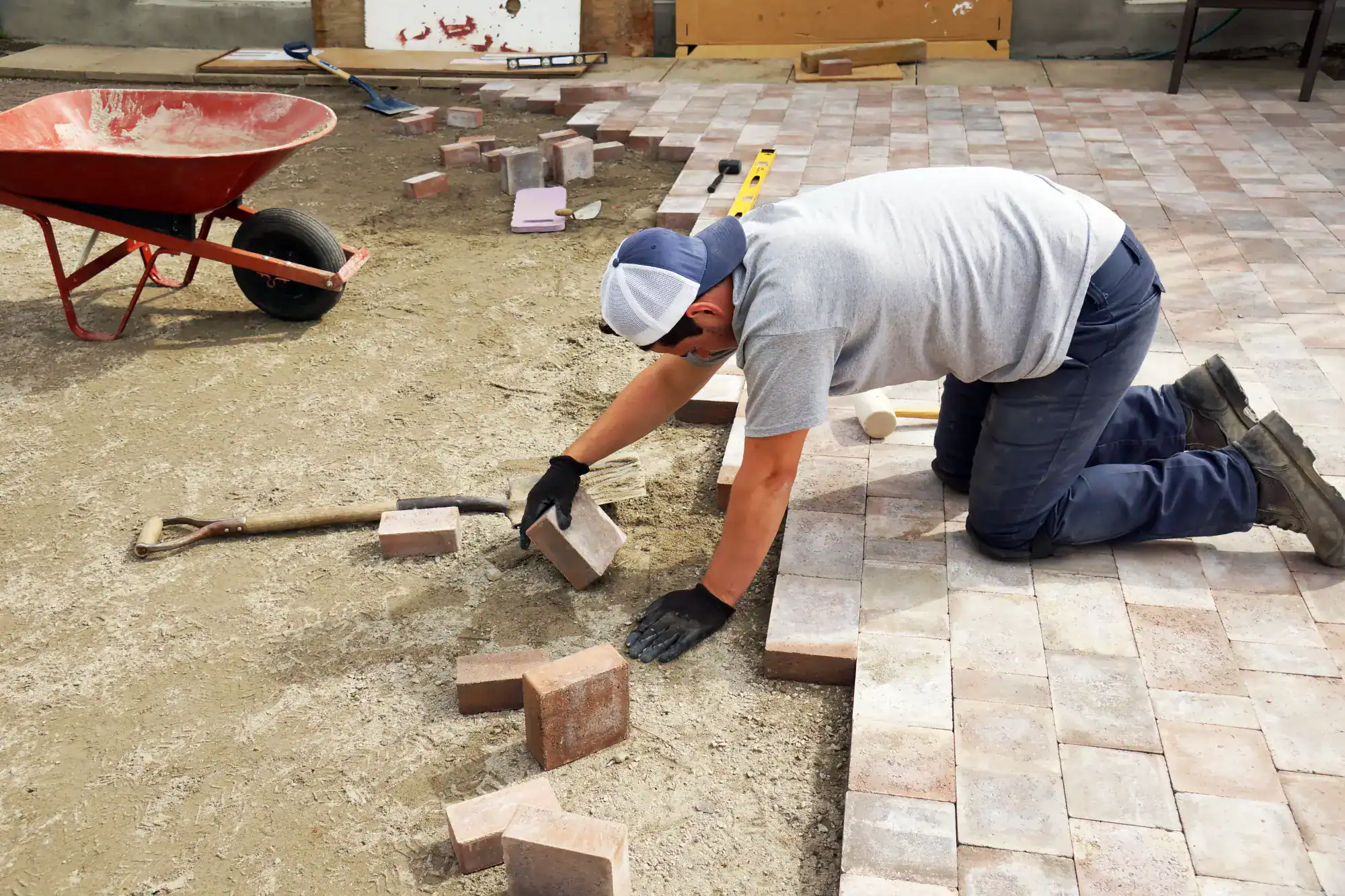You get more than just pavers—you get an outdoor space that enhances your home’s value and gives you years of enjoyment. Our installations handle Long Island’s harsh winters and humid summers without cracking, shifting, or fading. Every project starts with proper base preparation and drainage, so you won’t deal with water pooling or uneven surfaces later. We use premium materials and proven installation methods that create the foundation for decades of use. Your new patio, walkway, or driveway becomes the backdrop for family gatherings, quiet mornings, and everything in between. That’s the difference between a job done right and one that needs fixing in a few years.
